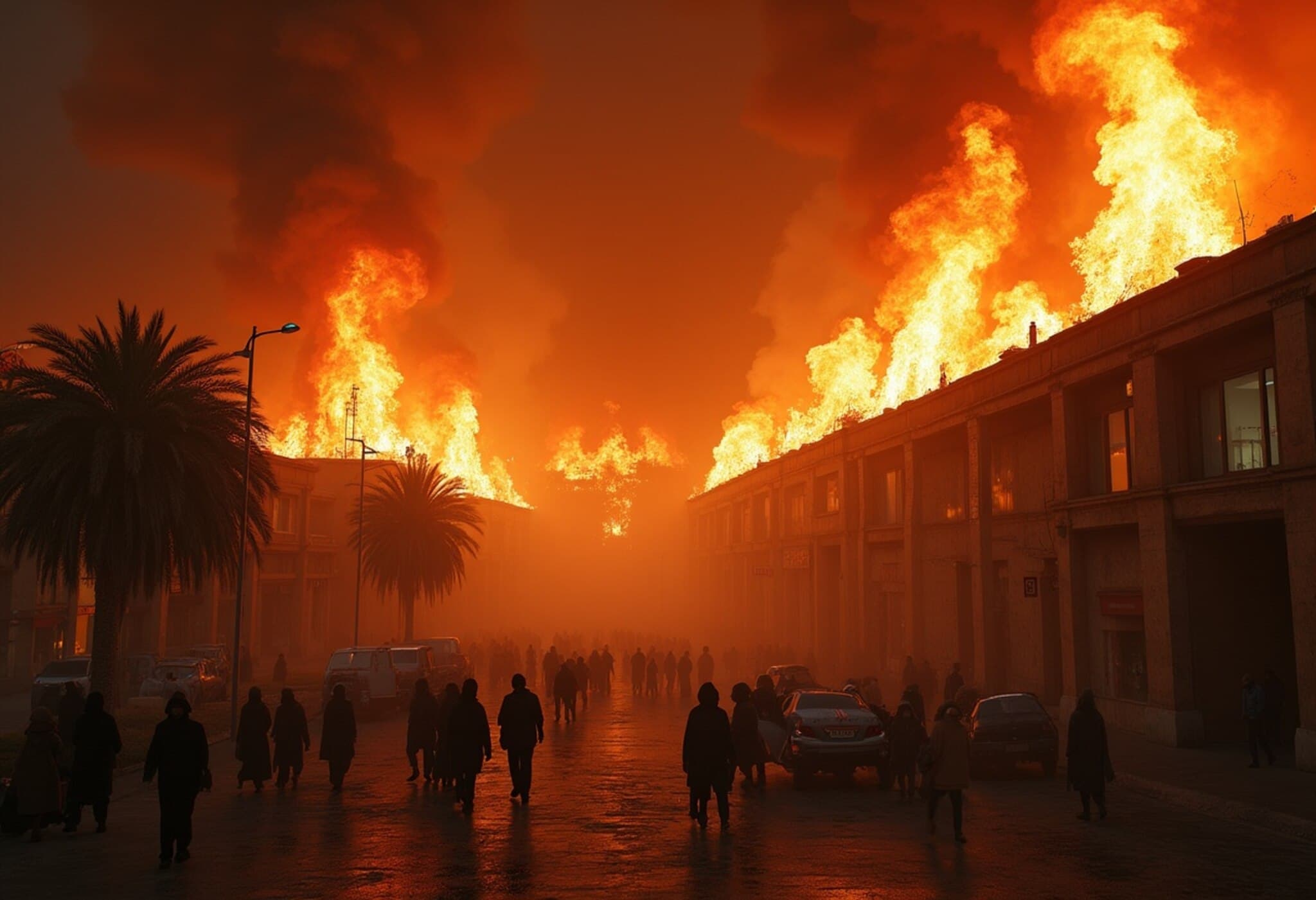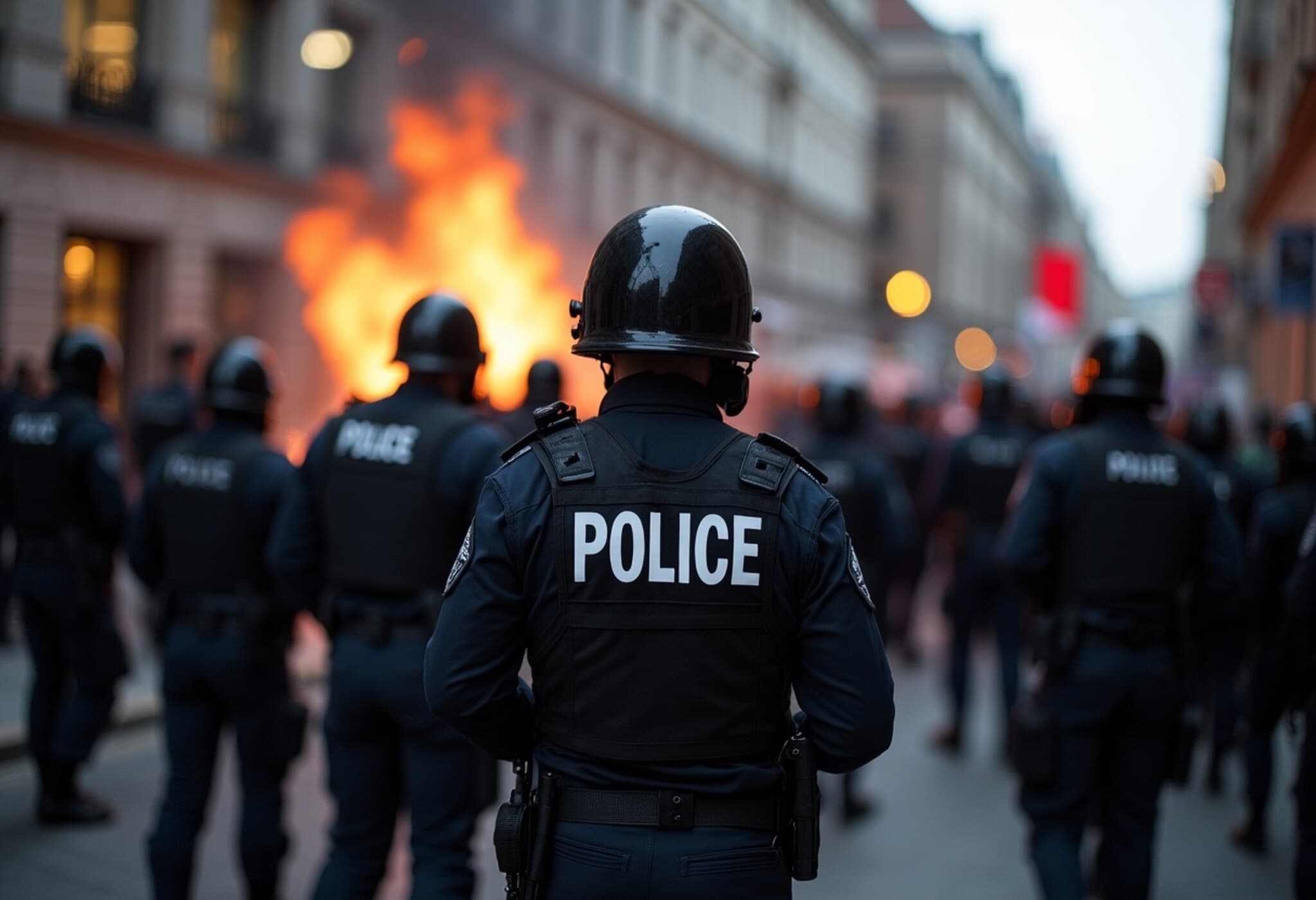Devastating Fire at Al-Kut Mall in Iraq Leaves Over 60 Dead
In a horrific blaze that tore through a five-storey shopping mall in the eastern Iraqi city of Al-Kut, at least 60 people lost their lives and another 11 remain missing as authorities continue rescue and investigative efforts. The fire, which erupted overnight, has sent shockwaves through the local community and highlighted ongoing challenges regarding safety standards in public spaces.
Incident Overview and Emergency Response
According to official reports and eyewitness accounts, flames rapidly engulfed the hypermarket within the mall, trapping numerous shoppers and employees inside. Videos emerging on social media captured dramatic scenes of billowing smoke and intense firefighting operations, though some material remains unverified by independent sources. First responders faced immense difficulties accessing all areas due to the building’s size and intensity of the fire.
Casualty Details and Victim Identification
Health officials have confirmed the identities of 59 victims, while one body remains unidentified due to severe burns. The death toll is expected to remain fluid as efforts continue to retrieve missing individuals. The sheer scale of the tragedy underscores the vulnerability of crowded public venues in Iraq and raises questions about fire safety protocols and enforcement.
Ongoing Investigation and Legal Actions
The cause of the fire is not yet known. The province’s governor has assured the public that initial findings will be revealed within 48 hours. Meanwhile, Iraqi authorities announced that lawsuits have been filed against the building and mall owner, signaling potential negligence or regulatory breaches.
Context and Expert Insights
This catastrophe in Al-Kut reflects broader infrastructure and regulatory challenges faced by many Iraqi cities. Experts emphasize that many commercial establishments lack adequate fire safety measures and emergency preparedness — a persistent risk factor in rapidly urbanizing areas.
American fire safety consultants note that enforcing strict fire codes and conducting regular evacuation drills are critical steps that could drastically reduce casualties in similar incidents. Additionally, transparent investigations and accountability from property owners are paramount to restoring public trust.
Regional Implications and Policy Recommendations
- Strengthening regulatory frameworks: Iraqi authorities must enforce stringent building codes and fire safety inspections.
- Investing in emergency services: Improving firefighting capabilities and rapid response infrastructure is essential.
- Public awareness: Educating citizens about fire hazards and evacuation protocols can save lives.
Looking Ahead
As this tragedy unfolds, it invites urgent reflection on the intersections of urban planning, regulatory enforcement, and human safety. Beyond grief and loss, Al-Kut’s fire serves as a grim reminder that safeguarding public spaces cannot be an afterthought.
While investigations proceed, readers may ask: How widespread are fire safety issues across Iraq’s commercial hubs? What systemic barriers hinder proper enforcement? And how can international cooperation boost local capacities to prevent such disasters? This incident must catalyze constructive dialogue and decisive action to protect communities facing similar risks worldwide.



















